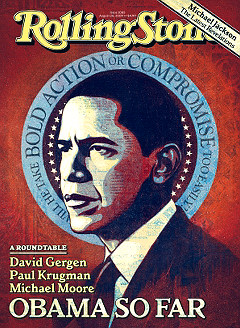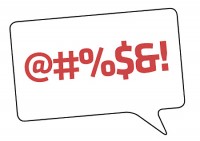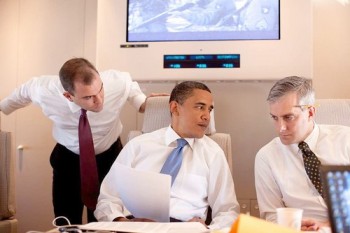 I’m glad Vinca broke the profanity barrier on Podium Pundits yesterday – and did it with such humor and class.
I’m glad Vinca broke the profanity barrier on Podium Pundits yesterday – and did it with such humor and class.
I agree that “judicious” use of profanity can have “a positive, constructive effect” on a tense situation. For instance, when driving through Washington at rush hour, or when WordPress screws up all your formatting just before you hit “Publish.”
It can also be useful in cutting right to the chase when describing certain people or expressing extreme confusion and dismay at their bone-headedness.
Our expanding texticon makes concise cussing possible. For instance, “WTF?” has become an essential method of communicating an array of emotions.
And most writers are familiar with the need to sometimes run through a litany of curse words before hitting on just the right turn of phrase to make a speech or article or screenplay sing.
Despite all the benefits, there still exists a bit of a taboo when it comes to using profanity in public. Read More
 Shepard Fairey, the “street artist” who designed
Shepard Fairey, the “street artist” who designed  A minor scandal erupted in the UK last week when aspiring Tory prime minister David Cameron used some obscenities in a “jokey, blokey” radio interview. Worse than the vulgarity, for which Cameron immediately
A minor scandal erupted in the UK last week when aspiring Tory prime minister David Cameron used some obscenities in a “jokey, blokey” radio interview. Worse than the vulgarity, for which Cameron immediately  Senator Barack Obama, June 3, 2008
Senator Barack Obama, June 3, 2008 Interesting
Interesting  As the Wall Street Journal
As the Wall Street Journal